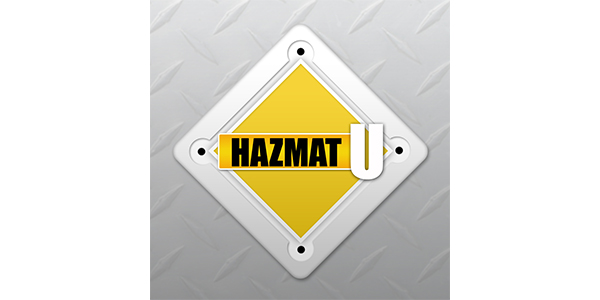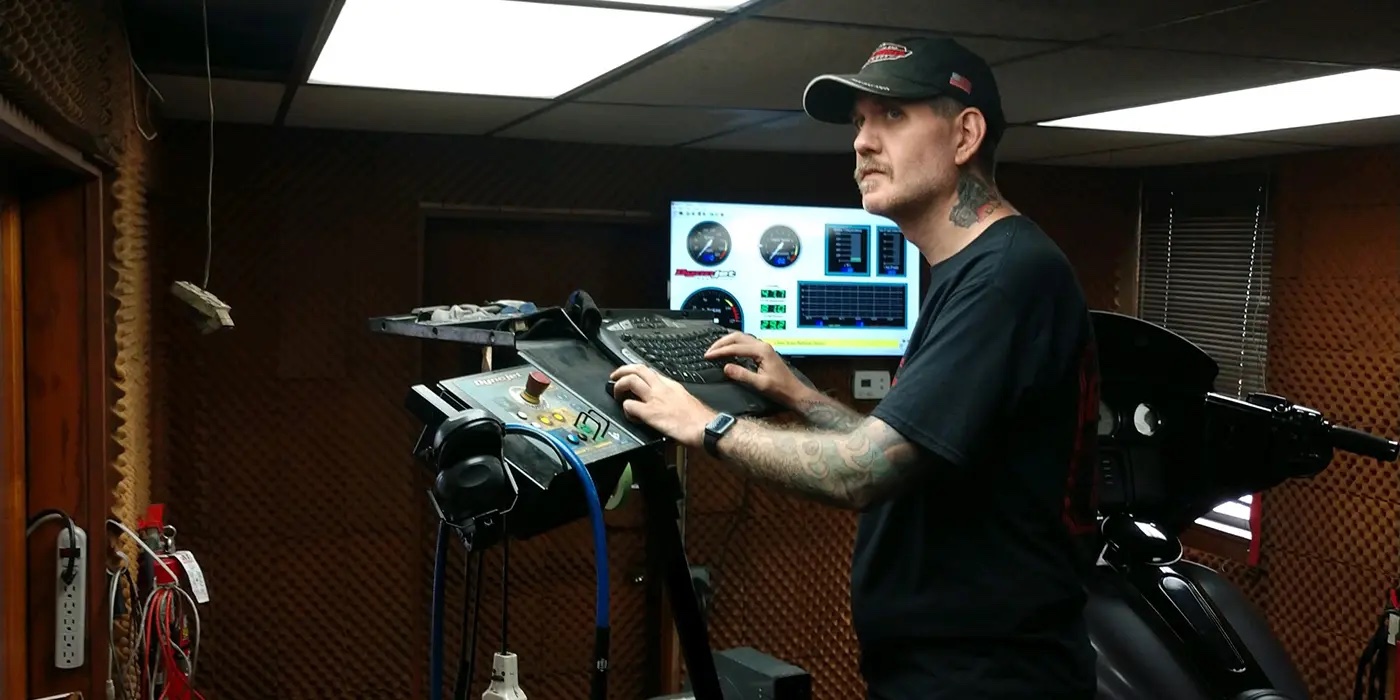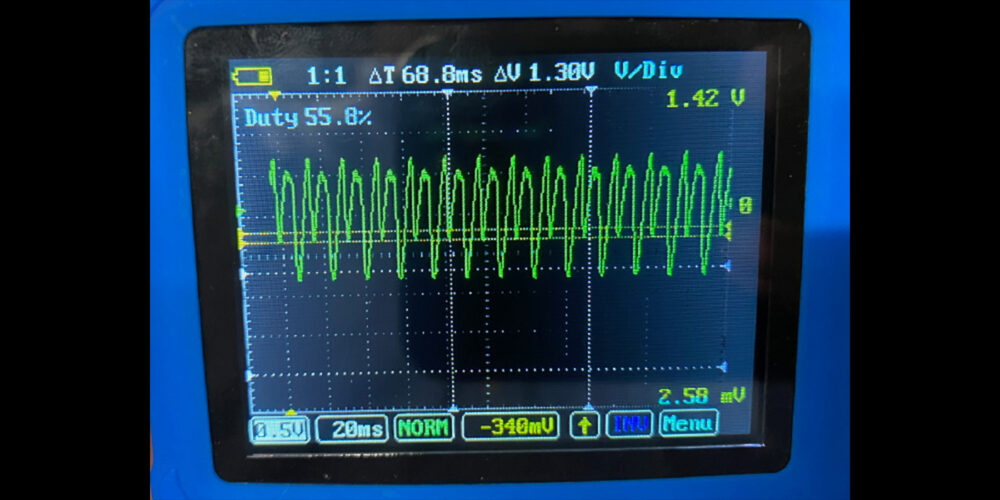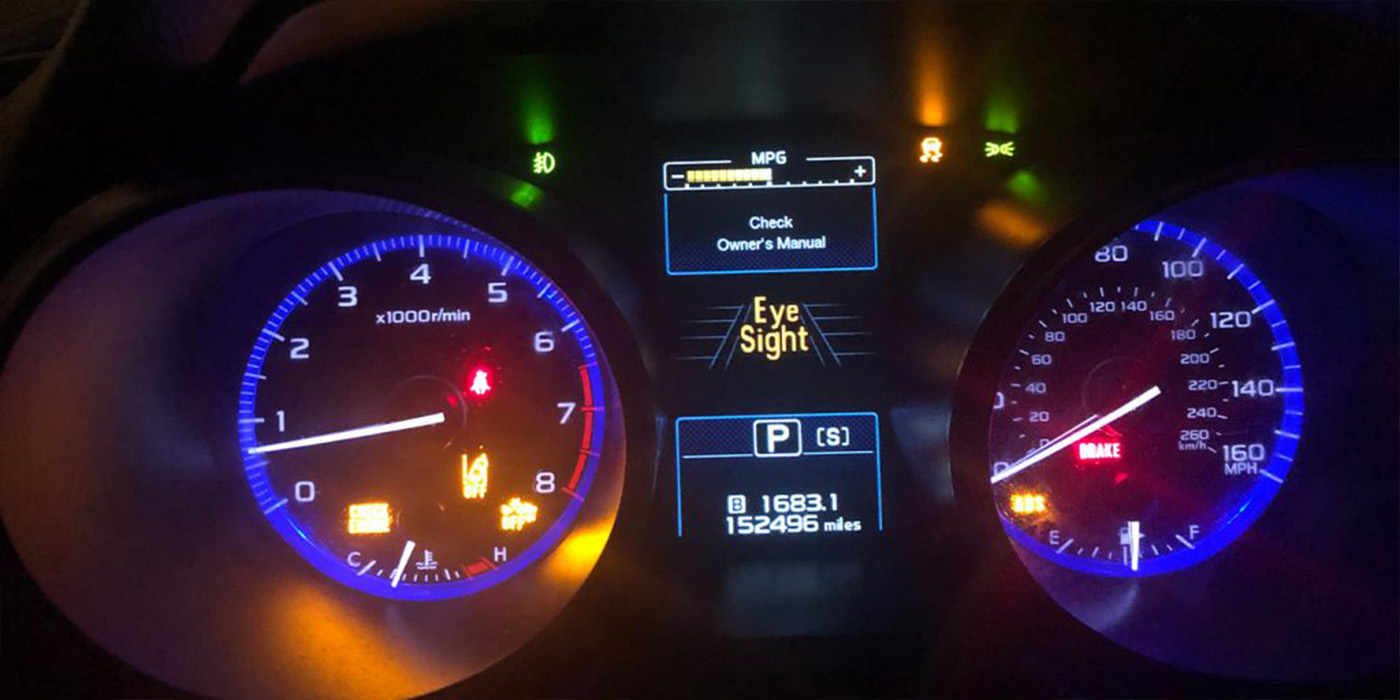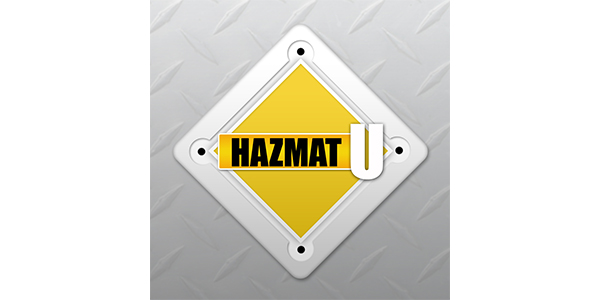
CCAR (The Coordinating Committee For Automotive Repair) and ShipMate, Inc. have announced important updates that have been completed within their most popular online HazmatU training course.
Course update highlights include:
· New lithium battery content including the most recent and harmonized regulatory changes regarding passenger aircraft restrictions;
· Additional content regarding large lithium ion batteries
· New content regarding damaged lithium metal and lithium ion batteries;
· Enhanced graphics including interactive 3D images of packages, overpacks, units loads and cargo transport units;
· Updated course content regarding segregation and handling of dangerous goods, and
· A comprehensive set of questions and answers (FAQs).
Per the Department of Transportation (DOT) regulations (49 CFR § 172.702) any employee defined as a hazmat employee is required to be trained.
Who is considered a hazmat employee? The definition is found in (49 CFR § 171.8) and includes employees that:
· Load, unload or handle hazardous materials;
· Prepare, package, label or mark hazardous materials;
· Operate a vehicle used to transport hazardous materials; and
· Manage or oversee the safety of hazardous materials in transportation.
Now of course not all employees at your facility need to be DOT-trained, but depending on who is responsible for different operations, you may have to train more employees than you thought.
So, for a typical automotive service facility, employees that may need to be trained include:
· Parts Managers – they oversee the transportation of hazmat
· Parts Shipping and Receiving – they load and unload dangerous goods and might even prepare shipping papers
Other employees that may need to be trained include:
· Parts Drivers – they may transport hazmat
· Service Technicians – they may prepare and package hazmat (e.g., an air bag being returned to the manufacturer)
· Service Managers – they may oversee hazmat employee operations and may sign for hazmat shipments or hazardous waste manifests for the proper disposal and management of their facility’s hazardous wastes
· Supervisors must also be trained, even if the supervisor is not directly responsible for any of the responsibilities listed above. Indirectly, supervisors are responsible for their employees, and their employees’ hazardous materials-related duties.

